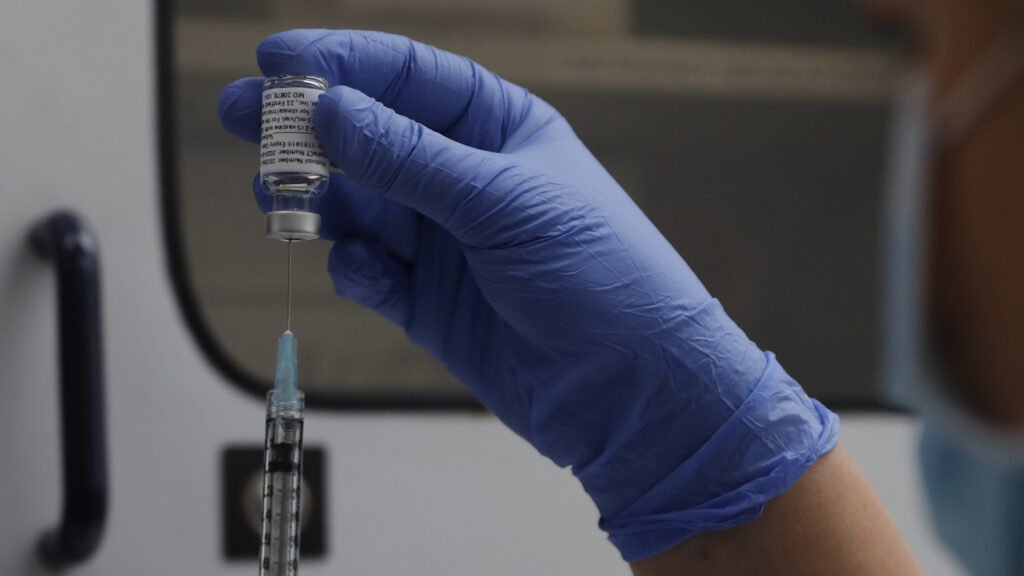The Food and Drug Administration has recently granted approval to Novavax’s Covid-19 vaccine, marking a significant milestone in the fight against the ongoing pandemic. However, the approval comes with certain restrictions that set it apart from its competitors in the U.S. market.
The FDA’s license for the Novavax vaccine specifies that it should be used only for individuals aged 65 and older, as well as those aged 12 to 64 who have underlying medical conditions that put them at a higher risk of severe illness if they were to contract Covid-19. This limitation contrasts with the broader eligibility criteria for the two other vaccines currently available in the U.S.
Despite the welcome news of the approval, the FDA faced criticism for missing an April 1 deadline to make a decision on Novavax’s application. Reports indicated that political appointees in Commissioner Marty Makary’s office intervened in the decision-making process, overriding the recommendations of career staff who had advised issuing the license.
The delay in approval has had financial implications for Novavax, with the company’s stock price experiencing a 21% decline since the beginning of the year. The approval of the vaccine is expected to boost public confidence in its safety and efficacy, potentially leading to increased uptake among eligible populations.
As the global community continues to grapple with the challenges posed by the Covid-19 pandemic, the approval of Novavax’s vaccine represents a significant step forward in expanding access to effective and diverse vaccination options. By adhering to the specified restrictions and guidelines, healthcare providers can ensure that the vaccine is administered appropriately to those who stand to benefit the most from its protective effects.
In conclusion, the FDA’s approval of Novavax’s Covid-19 vaccine underscores the importance of ongoing research and development efforts in the field of infectious diseases. By prioritizing the safety and well-being of the public, regulatory agencies play a crucial role in facilitating the timely approval and distribution of lifesaving vaccines.


